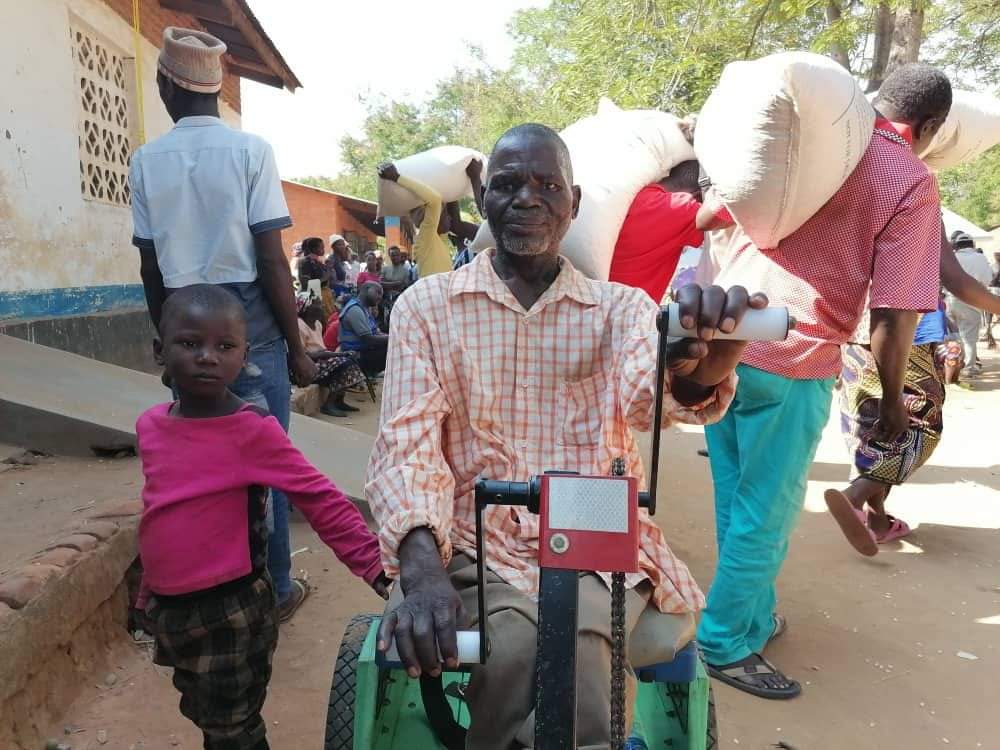By Burnett Munthali
In recent times, the phrase “Boma ndi lomweli,” which translates to “the government is the same,” has become a common refrain among Malawians. While it may seem like a mere expression of discontent, uttering this phrase in the context of the current socio-economic climate can be perceived as deeply offensive. As Malawi faces rampant devaluation, rising costs of living, high levels of government corruption, and a leadership crisis, the implications of this statement resonate profoundly within a weary populace.
Malawi is currently experiencing significant economic challenges, including the devaluation of the Malawi Kwacha, which has led to a surge in prices for essential goods and services. Families are struggling to afford basic necessities, and the rising cost of living has placed immense stress on households. In this context, saying “Boma ndi lomweli” can be seen as insensitive and dismissive of the real hardships that many people are enduring. Such a remark may suggest that the struggles of the populace are trivialized or ignored, further deepening feelings of frustration and helplessness.
Corruption within the Malawian government has reached alarming levels, contributing to the erosion of public trust. Many citizens feel betrayed by their leaders, who appear to prioritize personal gain over the welfare of the populace. When someone casually states “Boma ndi lomweli,” it can come across as an affront to those who have fought tirelessly against corruption and have been directly impacted by it. The phrase may imply a resigned acceptance of corruption as the status quo, which can feel deeply offensive to those who yearn for accountability and transparency.
The ongoing leadership crisis in Malawi has left many citizens feeling disillusioned and disconnected from their government. Leaders have been criticized for lacking a clear vision and direction, leading to policies that do not resonate with the needs of the people. In this climate of uncertainty, the phrase “Boma ndi lomweli” can exacerbate feelings of alienation. It may come off as an oversimplification of complex issues, reducing the struggles of ordinary citizens to a mere catchphrase while ignoring the nuanced challenges they face.
The emotional toll of living through such difficult times cannot be overstated. For many Malawians, the struggles are not just economic but also deeply personal. When someone states “Boma ndi lomweli,” it can be perceived as a lack of empathy, reinforcing the notion that others are oblivious to the pain and hardships being experienced. This insensitivity can lead to social tensions, as individuals feel compelled to defend their realities against a backdrop of dismissive comments.
In a nation grappling with profound challenges, it is essential for individuals to approach conversations about governance and public sentiment with sensitivity and understanding. Instead of using phrases like “Boma ndi lomweli,” it may be more constructive to engage in meaningful dialogue about the issues at hand and to acknowledge the struggles faced by many.
The phrase “Boma ndi lomweli” may encapsulate a sense of disillusionment with the Malawian government, but its casual use during a time of widespread suffering can be offensive to many. It is a reminder of the need for empathy and compassion in conversations about governance and the lived experiences of citizens. As Malawi continues to navigate these turbulent times, fostering a culture of understanding and support will be crucial for healing and moving forward as a nation.



